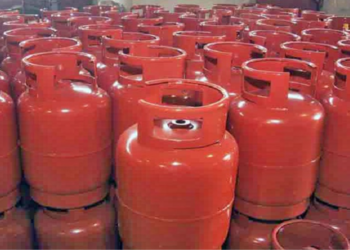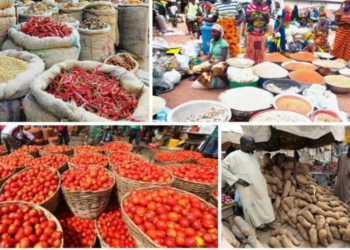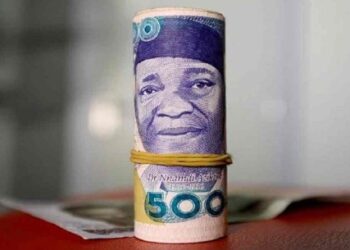Nigeria’s Minister of Finance stated that Nigeria’s inflation rate is expected to average 17.16% in 2023, signalling a slowdown in the inflation rate, which climbed over 21% as of November 022.
This was disclosed by Finance Minister, Zainab Ahmed on Wednesday during the presentation of the 2023 N21.8 trillion budget.
She added that Nigeria’s GDP growth rate is expected to be 3.75% for the year.
Ahmed stated that real GDP is projected to be 3.75% in 2023, compared to 4.47% projected in the medium-term development plan.
- “Growth is expected to moderate to 3.3% in 2024 before it picks up to 3.46% in 2025, the inflation rate is expected to average 17.16% in 2023. So we are expecting inflation to moderate and begin to go down, and end of 2023 should average 17.16% and decline to 15.93%.”
She added FG is hoping the Russian invasion of Ukraine abates and global economic growth projection improves.
Ahmed noted that projected fiscal outcomes are based on the petroleum subsidy reform ratio and that is to say in the 2023 framework that petroleum subsidy will remain up until the middle of 2023 based on the extension announced in 2022.
- “There would also be tighter enforcement of operations of MDAs that will result in further increase of operating surpluses”.
She added the total revenue available to fund the 2023 budget is N10.49 trillion including gross revenues of 64 government-owned enterprises,
FGs oil revenue share is projected to be N2.29 trillion, non-oil at N2.43 trillion and FG independent revenue at N2.64 trillion
- “In aggregate 22% of projected revenue is from oil-related sources and 78% from non-oil sources. We are very happy that we have been able to turn things around as only 22% of government revenue is contributed by the oil sector”.
Optics: At an inflation rate of 17.78% and GDP growth rate of 3.75% Nigeria’s 2023 budget is a budget of stagflation and borrowing.
In case you missed it
Nairametrics also reported that only N3.36 trillion was earmarked for fuel subsidy in Nigeria’s 2023 budget.
- During her presentation, the minister said fuel subsidy payments will remain up to mid-2023, based on the 18-month extension announced in early 2022.
- This means fuel subsidy payments will be stopped in June 2023, after a new administration has been inaugurated following the outcome of the general elections in February-March 2023.
- Nigeria’s inflation rose to 21.47% in November from 21.09% recorded in October, representing the 10th consecutively monthly increase since the start of the year.
A closer look at the report showed that Nigeria’s inflation rate rose to its highest level since September 2005 when the rate stood at 24.32%.
























